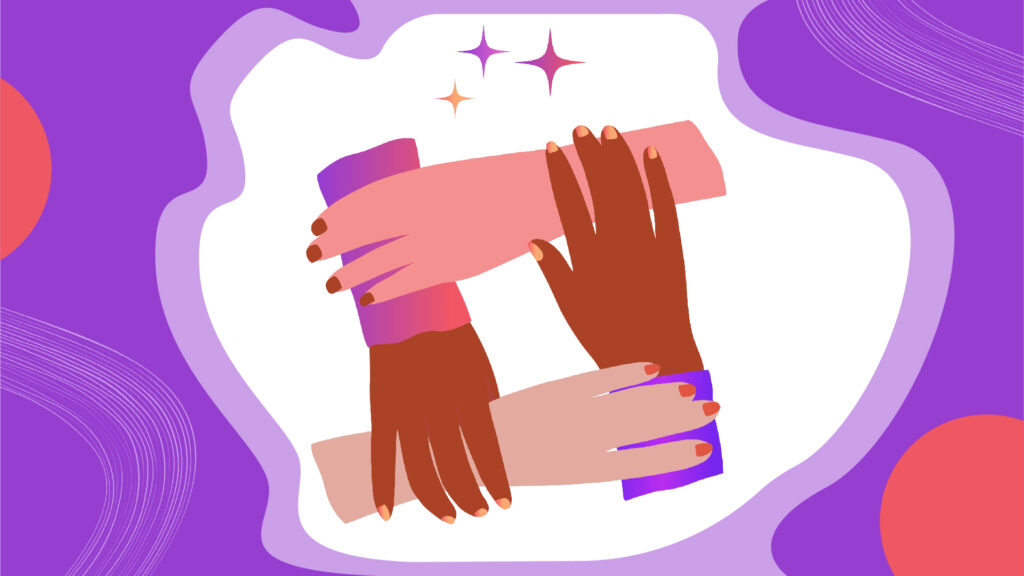There are around 73 million young people aged 15 to 24 years in the Arab Region. If you were to ask them what is SRH? What would their answer be?
Most probably, most young people wouldn’t be able to provide an answer for a simple reason. Although Arab communities are known to be young, SRH services are rarely provided to young people and are mostly linked by the society to pregnancy and delivery. Hence, such services are limited to married people – for reasons related to traditions, customs, and religious beliefs.
Going back to our question – what is SRH?
SRH is an overarching concept that includes all social groups from both genders. Good SRH is defined as “a state of full physical, emotional, and social wellbeing in all matters related to the reproductive system”.
This takes us to another question – since SRH is a general concept that includes the whole society,
Why are SRH services still not suitable for young people?
Obviously, young people have their unique concerns and needs which affect their access to SRH services, such as treatment of sexually transmitted diseases, family planning, and various consultations.
Therefore, they do need these services, however, they face many obstacles in the Arab region which prevent them from accessing SRH services and information.
Among these obstacles is the lack of a suitable and friendly environment for the youth in public healthcare centres, which inevitably limits young people’s uptake of such services, even if they are available. This can be attributed to several reasons, such as concerns regarding the confidentiality of their information or fear of stigma and prejudice from others or service providers themselves based on their social status or gender. Such concerns are more compelling for girls.
Other obstacles include national and institutional policies and laws that prevent access to SRH services, such as requiring parental consent to receive SRH services2.
High unemployment rates among Arab young people are also an obstacle, because this means that they won’t have enough money to access and utilize SRH services.
Finally, service providers lack the proper training or knowledge required to address young people and consider their physical, emotional, and social needs2&5.
Investing in Young People’s Health Drives Prosperity
Investing in young people’s health can bring well-being and prosperity to the Arab region, because a healthy young generation can help improve education and productivity rates.
While decision makers conceive the increasing number of young people as a challenge in light of the difficult economic and humanitarian conditions witnessed in the region, international organisations and studies indicate that a demographic distribution prevailed by young people would represent an opportunity for Arab countries, especially low and medium-income countries, if they invest in the youth, especially their SRH and skills1,4.
Providing youth friendly SRH services through qualified centres and specialised service providers helps the youth live a healthy lifestyle and access accurate and relevant information that helps them make better decisions4. It is also worth mentioning that investment shouldn’t be constrained to financial support and services but should also include reviewing and amending policies and laws that undermine equality and freedom. For example, service provision should not be constrained with parental consent for those who have reached the legal age2. In addition, raising awareness of workers in health centres is needed to limit discrimination based on gender or social status5.
Sources:
- UNFPA Arabstates. 2022.الصحة الجنسية والإنجابية. [online] Available at: <https://arabstates.unfpa.org/ar/topics/الصحة-الجنسية-والإنجابية> [Accessed 4 April 2022].
- OHCHR. 2022. [online] Available at: <https://www.ohchr.org/en/stories/2021/05/young-people-need-their-sexual-and-reproductive-health-and-rights> [Accessed 4 April 2022].
- UNFPA Arabstates. 2022.Demographic dividend. [online] Available at: <https://arabstates.unfpa.org/en/topics/demographic-dividend-6> [Accessed 4 April 2022].
- Usaid.gov. 2022. [online] Available at: <https://www.usaid.gov/sites/default/files/documents/1864/EN-HLMM_Youth.pdf> [Accessed 4 April 2022].
- Gausman, Jewel et al. “Health care professionals’ attitudes towards youth-friendly sexual and reproductive health services in Jordan: a cross-sectional study of physicians, midwives and nurses.”Reproductive health vol. 18,1 84. 21 Apr. 2021, doi:10.1186/s12978-021-01137-4
